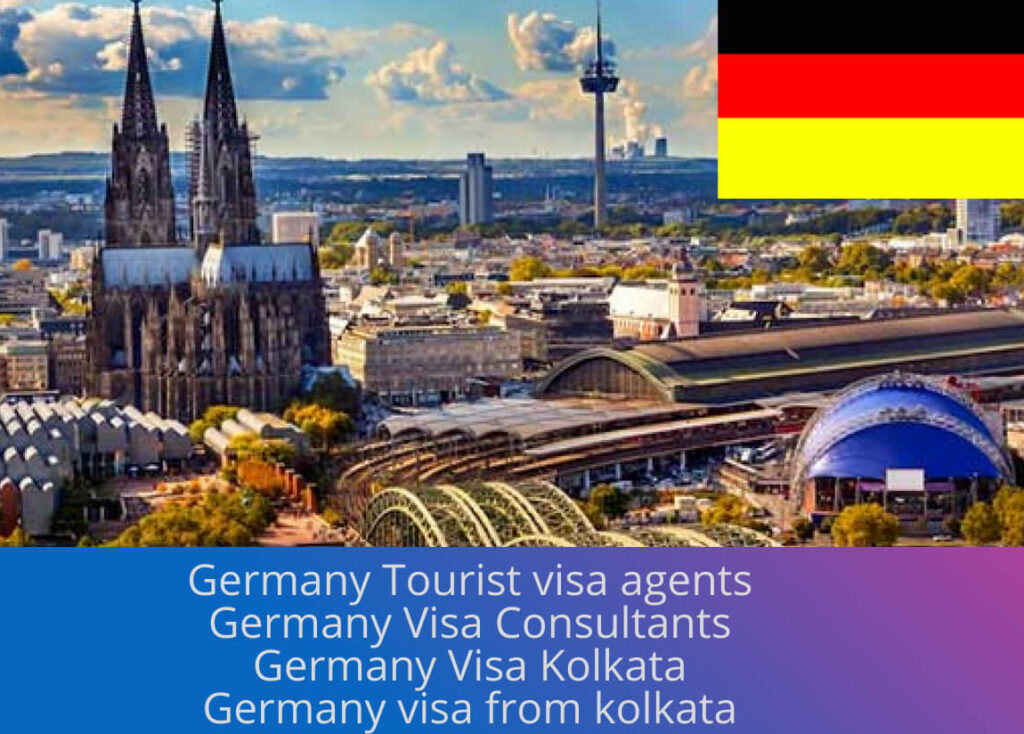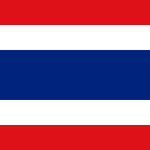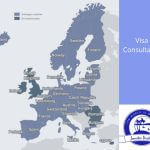The Schengen visa Refusal are very common for Indian Passport holder’s. There are various reasons for Refusal, of Schengen Visa in this blog, I try to explain the common mistakes for Visa application rejection, applying Schengen. Over the time Visa for European Union and Schengen has become very restrictive issuing Visas to Indian Passport holder before applying visa there are several point’s which you may consider before applying or reapplying schengen visa Consult your Travel Agent.
WhatsappWhy my Schengen Visa is Rejected?
Your Purpose of stay is not justified– When you apply schengen Visa the most of the applicants get this reason for Refusal. This is due to you are not able to justify your trip like your intention for travelling to Schengen area is not clear. The applicant cover letter is very important for Embassy this includes your purpose of visit and intention. The most applicant make mistakes in writting Cover letter which is un appealling to them.
Faulty Itinerary– If you prepare a Trip itinerary which is not Justified about your stay in Schengen area your Visa might get rejected.
Non Inclusion of Sector Tickets– If you are travelling in Schengen area and you have not included sector tickets then your visa might get rejected
No Previous Travel History- If you have not travel any where before as a Indian Passport Holder then your Visa might get Rejected.
Lack of Fund’s- If you have lack of funds in Bank statement like you have available Bank fund’s with you to show but Visa might get rejected due to average maintained balance over the time. The most applicant show funds through cash deposit which is considered negative by the consulate.
Source of Income- If you are Salaried you must prove that you have a consistant source of Income. The applicant must provide Employment Contract, Salary slips, Form 16 Noc from the Employer. If applicant is a Business owner he must Provide ITR, Gst, trade licence ect for determinationof Income souse.

The Common reason for Schengen Refusal
- Insufficient or Unclear Purpose of Visit: If the purpose of the trip (e.g., tourism, business, or visiting family) is not clearly explained or supported with proper documentation—like an invitation letter, hotel bookings, or a detailed itinerary—the application may be denied. Consulates need assurance that the visit aligns with the visa type and duration requested.
- Inadequate Financial Proof: Applicants must demonstrate they have enough funds to cover their stay (typically around €45-€50 per day, though this varies by country) and return to India. Bank statements, pay slips, or other financial documents that don’t meet the minimum threshold or seem inconsistent can lead to rejection.
- Lack of Strong Ties to India: Consulates often reject applications if they doubt the applicant will return home after the visa expires. Evidence of strong ties—like a stable job, property ownership, or family responsibilities—must be convincing. Without this, authorities may suspect an intent to overstay.
- Incomplete or Incorrect Documentation: Missing documents, fake papers, or errors in the application (e.g., mismatched travel dates or an invalid passport) are frequent causes of rejection. Submitting forged documents can also result in severe consequences beyond denial.
- Inadequate Travel Insurance: Schengen visa rules require travel insurance with a minimum coverage of €30,000 for medical emergencies and repatriation. If the policy doesn’t meet these standards or isn’t provided, the application can be refused.
- Past Visa Violations or Criminal Record: A history of overstaying a previous visa or a criminal record can lead to rejection, as it raises concerns about compliance with immigration laws or public safety.
- Suspicion of Visa Shopping: Applying to a country that isn’t the main destination or repeatedly applying to different Schengen states after rejection (“visa shopping”) can signal desperation or unclear intent, increasing the likelihood of denial.
- High Volume and Strict Scrutiny: Indian applicants face one of the highest rejection rates globally—around 15.7% in 2023, with over 151,000 rejections—partly due to the large number of applications (966,687 in 2023) and heightened scrutiny from certain countries like Malta, Estonia, and Slovenia.
Each case is assessed individually, and rejection letters typically specify the reason. Applicants can appeal within 15 days of receiving a refusal notice, providing additional evidence to address the issue, or reapply after correcting the shortcomings. Thorough preparation and adherence to requirements are key to improving approval chances.

How to avoid Schengen visa Rejection?
To avoid Schengen visa rejection as an Indian applicant, you need to carefully address the common pitfalls and meet the consulate’s expectations. Here’s a practical guide to improve your chances of approval:
- Clearly Define Your Purpose and Itinerary:
- Submit a detailed travel plan, including dates, destinations, and activities (e.g., tourism, business meetings, or family visits).
- Provide supporting documents: hotel reservations, flight bookings, or an invitation letter from a host in the Schengen area (with their ID/passport copy).
- Apply to the right consulate—usually the one representing your main destination or the country of first entry if staying equal time across multiple states.
- Prove Sufficient Funds:
- Show you have enough money to cover your trip—typically €45-€50 per day, though some countries like France or Switzerland may expect more.
- Submit recent bank statements (last 3-6 months), pay slips, or a sponsor’s financial documents if someone else is funding you. Ensure the funds are consistent and legally sourced—sudden large deposits can raise red flags.
- Demonstrate Strong Ties to India:
- Highlight reasons you’ll return home, like a stable job (employment letter, leave approval), property ownership (deed or lease), or family dependents (birth/marriage certificates).
- Avoid signs of weak ties, such as unemployment or a recent job switch, unless you can explain them convincingly.
- Submit Complete and Accurate Documents:
- Double-check requirements on the specific consulate’s website (e.g., VFS Global or embassy pages), as they vary slightly by country.
- Common essentials: valid passport (with 3+ months validity post-trip), completed application form, photos (Schengen specs), travel insurance, and financial proof.
- Never submit fake documents—consulates verify authenticity, and fraud leads to bans.
- Get Proper Travel Insurance:
- Purchase insurance covering at least €30,000 for medical emergencies, hospitalization, and repatriation, valid across all Schengen states for your entire stay.
- Use a reputable provider and include the policy with your application.
- Maintain a Clean Travel History:
- If you’ve traveled abroad before, show compliance with past visas (entry/exit stamps or old visas in your passport).
- Disclose any prior rejections or overstays upfront with an explanation—hiding them risks automatic denial.
- Avoid Visa Shopping:
- Don’t apply to multiple Schengen countries after a rejection unless your circumstances or application significantly changes.
- Stick to the country most relevant to your trip to avoid suspicion of bypassing stricter consulates.
- Apply Early and Be Honest:
- Submit your application at least 15 days before travel (up to 6 months in advance is allowed) to allow processing time.
- Be truthful in your application and interview (if required)—inconsistencies between your answers and documents are a common rejection trigger.
- Prepare for the Interview (If Called):
- Some consulates may request an interview. Be ready to explain your plans confidently and match your application details.
- Dress professionally and bring all originals of your submitted documents.
- Double-Check Country-Specific Trends:
- Research rejection rates and policies—countries like Malta (47.9% rejection in 2023) or Germany (higher scrutiny for Indians) may demand extra diligence, while Spain or Italy might be more lenient.
If rejected, review the refusal letter (it states the reason), fix the issue, and either appeal within 15 days or reapply with a stronger case. Patience, clarity, and thoroughness are your best tools—consulates want assurance you’re a genuine visitor who’ll leave on time.







